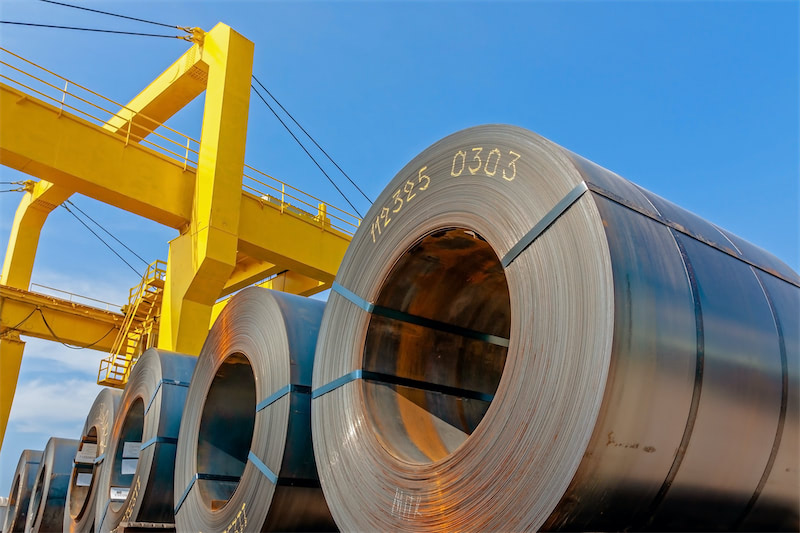






Recently, there have been new developments regarding lithium mine projects in Brazil. The Public Prosecutor's Office (MPF) has publicly stated that the advancement of local lithium mining has encountered issues such as insufficient consultation with communities and inadequate environmental risk assessments. As a result, they have requested the National Mining Agency (ANM) to suspend the issuance of permits for certain projects in Minas Gerais. This particularly affects Araçuaí and the surrounding Jequitinhonha Valley, which are considered the heartland of Brazil's lithium mining industry.
Why were these areas singled out? There are two main reasons. First, prosecutors pointed out that many local communities, including indigenous peoples, quilombolas (descendants of African slaves), and traditional villages, were not provided with "adequate, informed, and voluntary" communication and consultation prior to project approvals—a mandatory requirement under international mining standards.
Second, environmental protection and water resource issues are also causing concern. For example, the Neves project, operated by US-listed Atlas Lithium (NASDAQ: ATLX), has faced complaints from communities about construction damaging water supply pipelines, leading to water shortages in some villages during road construction.
Another company under scrutiny is Sigma Lithium (listed on Toronto and NASDAQ, ticker SGML), whose flagship project, Grota do Cirilo, is one of the world's largest high-grade spodumene mines.
Prosecutors noted that as early as the 2021 environmental technical review, experts had identified shortcomings in Sigma's environmental assessment regarding water resource management. The local Piauí stream is a major water source for residents of Araçuaí and Itinga. Future expansion of open-pit mining could impact water supply, especially during dry seasons.
Currently, prosecutors have demanded that ANM complete a review of existing permits within 20 days and refrain from issuing new mining licenses until the issues are resolved. If regulators fail to act, prosecutors indicated they may pursue further administrative or even judicial measures. Atlas and Sigma have not yet responded. From an industry perspective, the Jequitinhonha Valley in Minas Gerais is known as the "Lithium Valley of Brazil" due to its abundant reserves, attracting numerous international companies seeking a share in the global new energy industry chain. However, this incident serves as a reminder that new energy is not solely about capacity and price; community relations and environmental protection compliance are equally critical thresholds. Particularly in regions like Latin America, where environmental and community rights are increasingly prioritized, enterprises that overlook these issues may face project delays or even suspension risks.
This incident also holds practical implications for Chinese buyers! Brazil was originally viewed as a new lithium ore source alternative to Australia, with many Chinese enterprises already considering cooperation or procurement. However, tightening regulations may impact short-term shipment schedules, and increased compliance costs mean that price advantages may not materialize.
Globally, Australia remains the leading exporter of lithium ore, while Brazil is the fastest-growing "newcomer." If approvals and community relations in the "Lithium Valley" frequently encounter obstacles, it could slow its pace in catching up with Australia. For the global market, supply growth may fall below expectations, increasing price volatility risks over the next two to three years.
For battery manufacturers and automakers, diversifying supply channels and securing resources in advance may be the more prudent choice.
For queries, please contact Lemon Zhao at lemonzhao@smm.cn
For more information on how to access our research reports, please email service.en@smm.cn

